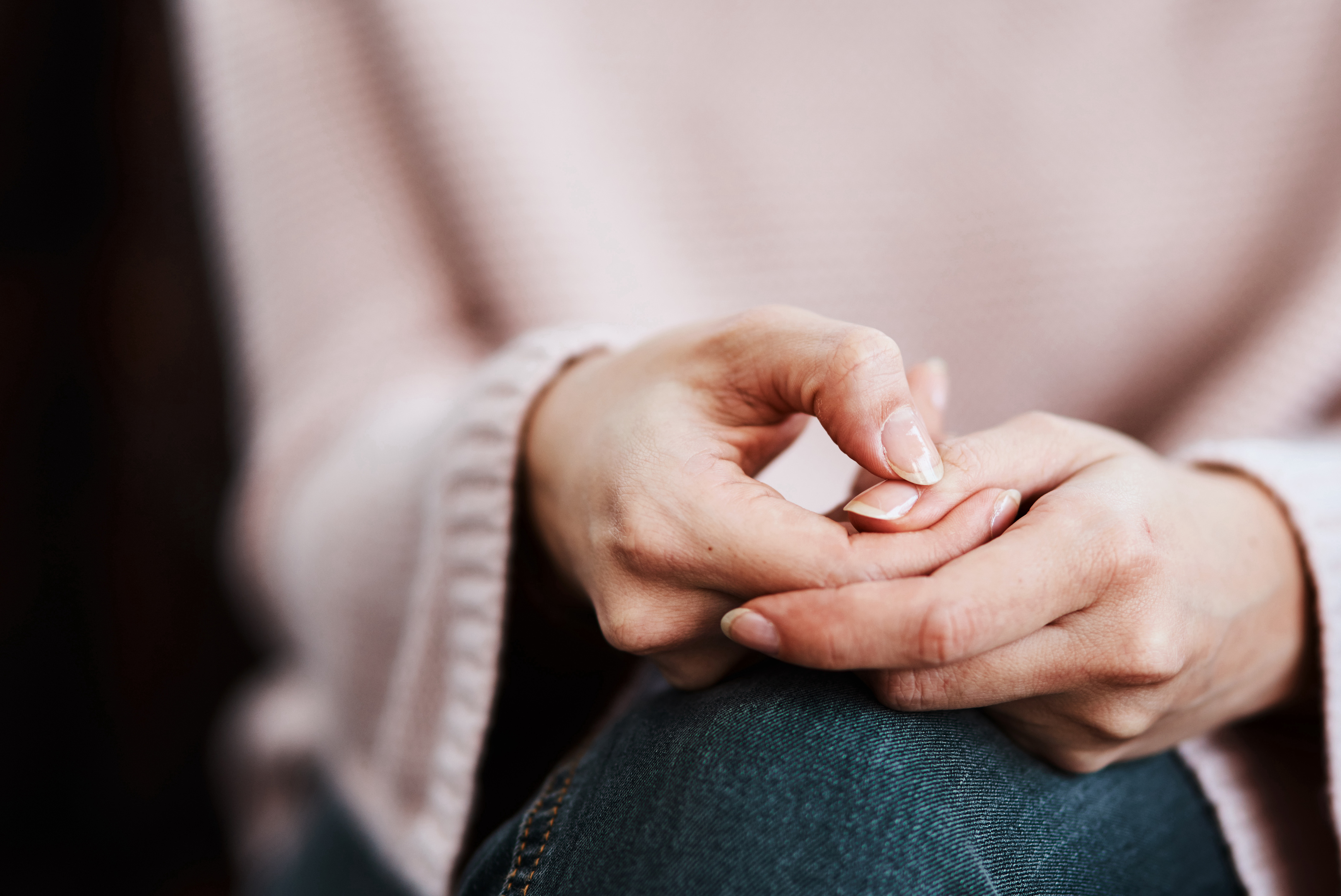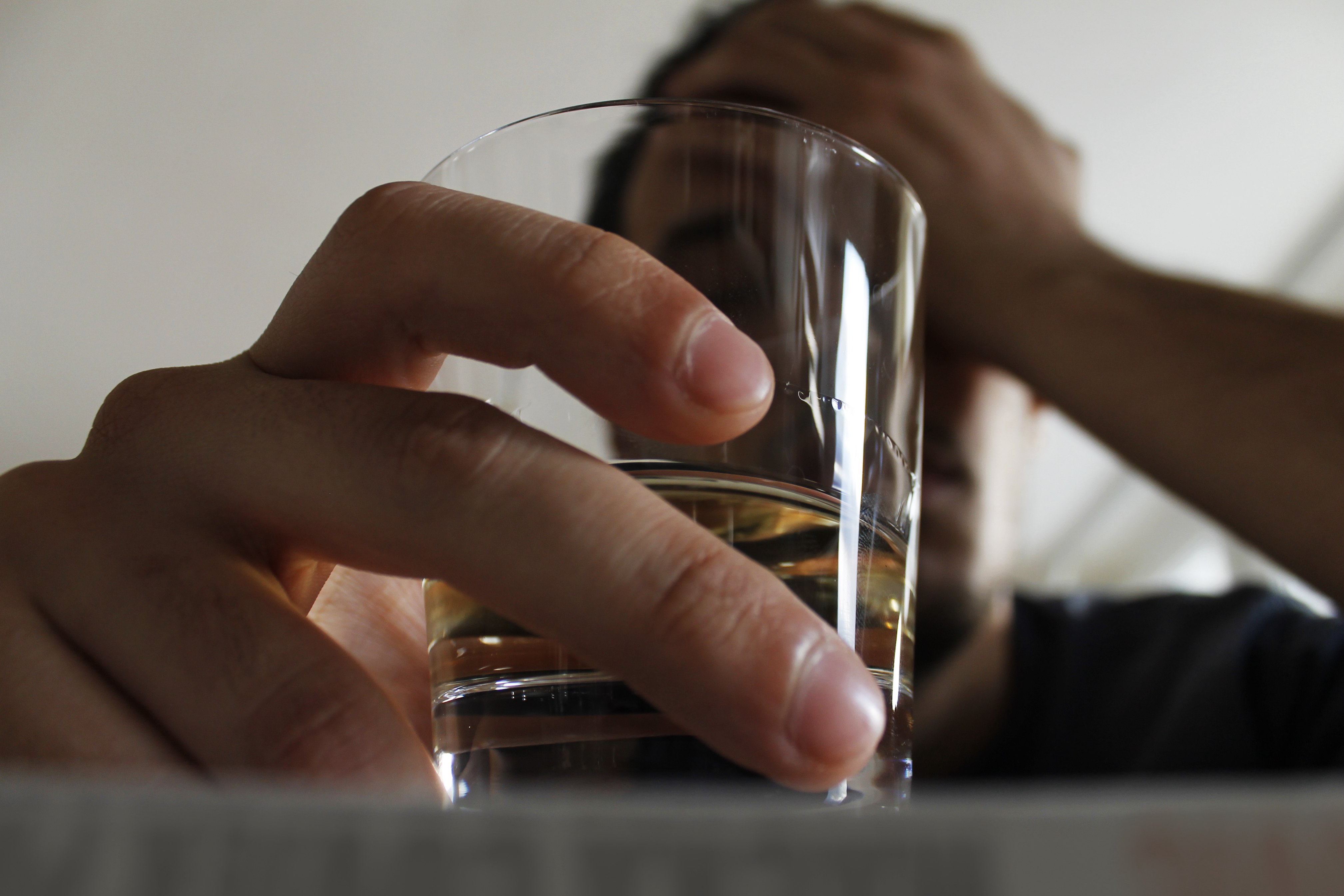
Health & Medicine
Understanding posttraumatic nightmares

Treatment for posttraumatic stress disorder usually involves patients focusing on their traumatic experience, but world-first research may offer another treatment pathway
Published 4 June 2021
About five to 10 per cent of Australians suffer from posttraumatic stress disorder (PTSD) at some point in their lives. The debilitating psychiatric disorder can develop after surviving a traumatic event, like a natural disaster, family violence or sexual assault.
People with PTSD may also experience other mental health problems like depression or anxiety.

Current best practice treatment is talking therapy – a trauma-focused treatment that requires a survivor to focus directly on the memory of the traumatic event.
But this can be challenging for some people.
World-first research from Phoenix Australia at the University of Melbourne has identified a potential new and effective treatment for PTSD - Unified Protocol for Transdiagnostic Treatment of Emotional Disorders (UP).

Health & Medicine
Understanding posttraumatic nightmares
This treatment could help the third of people who are resistant to current evidence-based treatment and those who avoid treatment because they can’t face having to relive the trauma.
“Unified Protocol treatment has a good evidence base in a number of other psychiatric disorders like depression, anxiety disorders and substance use disorders, but it has never before been trialed with PTSD,” explains Professor Meaghan O’Donnell, Head of Research at Phoenix Australia Centre for Posttraumatic Mental Health.
“Our study is the first to show that you can treat PTSD with a treatment that focuses on building emotion regulation skills, as opposed to dealing with the intrusive memory. It treats PTSD via a different pathway and may encourage more people with PTSD to seek treatment.”

People with PTSD experience a range of symptoms including distressing and unwanted memories, flashbacks and feelings of fear, difficulties sleeping or concentrating, and avoiding people, places and activities that remind them of the traumatic event.
Current evidence-based, gold standard treatment for PTSD is trauma-focused treatment.
“Evidence-based treatments for PTSD involve a patient recalling the traumatic event over a number of sessions. They go through the memory of the event and stay with that memory until the strength of their emotional response to it reduces,” says Professor O’Donnell.

Health & Medicine
Can alternative therapies help PTSD?
Current treatment is successful for about a third of people, and they lose their PTSD diagnosis. For another third of people, symptoms may reduce significantly, but they continue to have symptoms that disrupt aspects of their life.
The remainder of people are treatment resistant – so identifying new models of care is very important.
Professor O’Donnell’s study compared UP to the ‘usual care’ for PTSD. The randomised controlled trial involved 43 adults with PTSD who were either selected to go into the UP group or in a ‘treatment as usual’ group.
UP group participants received 10 to 14 weekly, 60-minute sessions of treatment. Usual care patients received standard psychological or pharmacological treatment.

At the end of treatment, patients who had received UP showed significantly larger reductions in PTSD and in the severity of symptoms of depression and anxiety when compared to patients who received usual care. These effects of the UP treatment were still evident six months later.
The positive impacts of UP on depression and anxiety are significant, says Professor O’Donnell.
“We know that when PTSD is co-morbid with other disorders, trauma-focused therapies are less effective. This study shows you can successfully treat PTSD with a non-trauma focused treatment that explicitly targets co-morbidities, not just the PTSD,” she says.

Health & Medicine
Building togetherness in the face of disaster
UP teaches emotion regulation skills with the first step being helping the patient understand the thoughts and behaviours they engage in when they have a distressing emotion.
“For example, many people drink alcohol to manage the emotional distress associated with intrusive memories, but often drinking alcohol can lead to more problems. Seeing alcohol use as a way to manage distressing emotions empowers an individual to use alternative helpful strategies to manage distressing emotions,” says Professor O’Donnell.
After the positive outcomes of the world-first study, Professor O’Donnell is conducting a large randomised controlled trial at Phoenix Australia’s Traumatic Stress Clinic to find out whether UP is as good as trauma-focused treatment.

“We now have early evidence that UP works for PTSD and so we have been able to fund a large study to discover whether UP is as good as the current first-line treatments. If it is, we can train clinicians to deliver UP to people with PTSD,” she says.
“This is all leading to a personalised medicine approach to PTSD treatment.
“I hope that one day when a person comes to a clinic we can offer a range of evidenced based treatments that have different mechanisms of action. And we can have a discussion with each person about which treatment might work best for them and what their preference for treatment is.”
Banner: Getty Images